If you’ve ever walked into a room and been hit with the unpleasant smell of cat poop, you know how frustrating it can be when your cat is pooping outside the litter box.
There can be several reasons why your cat is doing this, and it’s essential to address the issue promptly to keep your home clean and your cat healthy.
There are several potential reasons why your cat is not using its litter box. These include medical issues, stress, territorial behavior, and dissatisfaction with the litter box itself.
- Medical issues like IBD or UTIs can cause cats to avoid the litter box.
- Environmental changes or stress can prompt litter aversion in cats.
- Inadequate litter box size, location, or type may lead to improper pooping.
- Regular litter box maintenance is crucial for cat's litter habits.
- Consulting a vet is advised for behavioral issues or persistent problems.
Whether it’s a simple fix or a more complex issue, it’s essential to be patient and persistent in finding a solution that works for both you and your furry companion.
The information provided herein is for informational purposes only. Please refer to our disclaimer for more details..
Reasons why cats poop outside the litter box
There are various reasons why your cat could decide to do its business outside the box. It could be due to medical problems such as diarrhea or arthritis.
It could also arise due to changes to routines or the home environment. Adding new pets to the home or a family member, say a baby, is a common cause of stress.
Here are a few reasons that may cause your cat to ignore its litter box:
Medical issues
A variety of medical conditions could cause your cat to poop outside the litter box. The most common medical issues that cause this are inflammatory bowel disease, urinary tract infections, and gastrointestinal disturbances like constipation or diarrhea.
If your cat has diarrhea, it may not be able to make it to the litter box in time. Infections in the urinary tract can cause pain and discomfort. This could make your cat negatively associate pain and use the litter box.
In an old cat with a consistent track record of using litter boxes, a medical condition like arthritis might be responsible for litter box aversion. Arthritis, which is marked by joint pain, may make your cat incapable of climbing into the litter box to do its business.
If you suspect that an illness is the cause of your cat’s strange behavior, consult with a veterinarian to fish out the cause and promptly treat it.
Behavioral issues
Changes in the environment, like moving to a new home, introducing a new pet, or even adding new family members (like a baby), can cause your cat to be anxious.
Usually, a stressed cat would engage in odd behaviors like increased aggression, excessive vocalization, and pooping outside the litter box. Your cat does this to display discomfort and possibly call your attention.
If you move houses or have new additions to the home, your cat may also begin pooping outside the litter to mark its territory. It’s your cat’s little way of saying, ‘This space is mine’.
Inadequate litter box
Cats are very selective about pooping habits, and a litter box is your cat’s little nest. If it’s not up to their standards, your cat can decide to do its business out in nature.
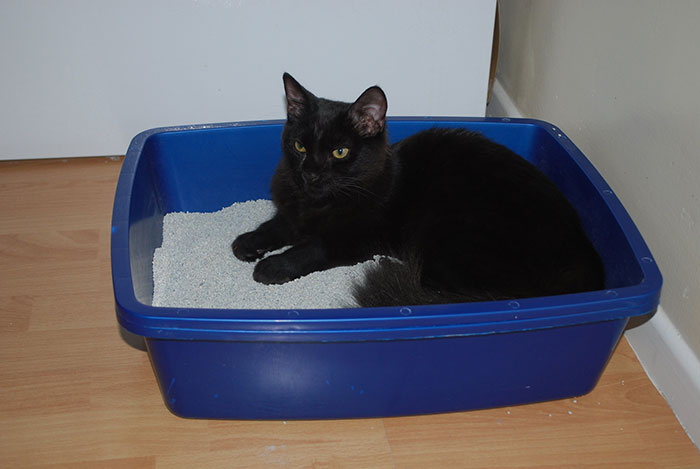
Image credit: Laura LaRose
Unfortunately, nature might be your carpet. The wrong litter box size, litter box location, and type of litter can make your cat poop outside their litter box.
Litter box size
If you still retain the exact size of cat litter and your cat has a kitten, it may be time to upgrade to a more giant litter box. A larger litter box can provide additional room that provides your cat with a pleasant litter experience.
Litter box location
Most cats prefer a private spot for pooping. Cats love privacy when doing their business; until you provide that, they may discontinue using their litter box. If the litter box is in a noisy area, your cat might look for a quieter location outside the litter box.
Litter type
The texture of the cat litter can also be a source of concern for your cat. Cats are sensitive creatures. If the litter feels uncomfortable or coarse on your cat’s delicate paws, they may avoid using the litter box.
Cleanliness of the litter box
Your cat may be pooping outside the litter box because its litter box is dirty. Regular scooping and changing of the litter are necessary to encourage your cat to poop within the required area.
How to stop your cat from pooping outside the litter box
Although it might pose a bit of a challenge to stop your cat from pooping outside the litter box, it can be achieved. Here are a few steps to take:
Talk to a veterinarian
If you suspect the presence of an illness, consult your vet. This way, you can rule out any potential medical issues that might be contributing to the problem, such as urinary tract infections or gastrointestinal concerns.
Review your cat’s litter box
Take a look at your cat’s current litter box and determine whether there’s anything off about it. Check the size, entry accessibility, and cleanliness. Ensure it’s a comfortable size for your cat to maneuver comfortably. The entry should be low enough for easy access, especially for kittens or senior cats.
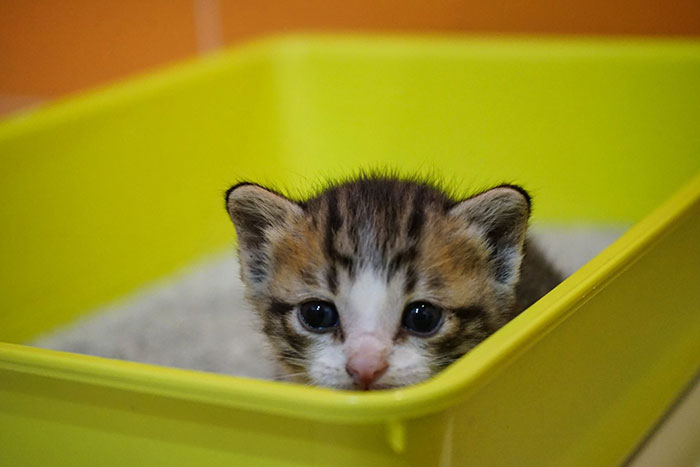
Image credit: Nilo Velez
Experiment with different types and variations to find the litter your cat likes in terms of texture and scent. Cats are usually turned off by strong scents, so consider using unscented litter. Mildly scented litter can also be used. Change the litter every day to keep the litter box clean.
Consider providing multiple litter boxes in different locations to give your cat ‘bathroom’ options. If you have more than one cat, create a box for each cat. Cats can be pretty territorial and dislike sharing a litter box. Take the additional step of personalizing each cat’s litter. What works for one cat may not work for the other.
Identify environmental stressors
If you identify environmental stressors like a new pet, try to minimize the effect by maintaining a consistent routine and gradually introducing changes.
This could mean retaining your cat’s original items and routines and keeping your new pet in a different section of your home. This is especially useful if your new pet produces noises that your cat may find upsetting.
Create a positive association
Create a positive association with the litter box by placing your cat’s favorite treats or toys near the litter box. You can also opt for pheromone diffusers to help calm your cat’s nerves. When your cat is calm and relaxed, it is less likely to display upsetting behaviors like pooping outside the litter box.
If the issue persists, consult with a veterinarian to develop a tailored plan for addressing your cat’s specific needs and behaviors.
How to train your cat to use the litter box
Training a cat to use a litter box is usually straightforward but requires patience and positive reinforcement. Here’s a step-by-step guide to help you train your cat to use the litter box:
1.) Choose the Right Litter Box: Select a litter box that suits your cat’s size and preferences. Some cats prefer open boxes, while others may like the privacy of covered ones.
2.) Place the Litter Box in a Quiet Location: Position the litter box in a calm, low-traffic area to provide privacy and reduce stress during bathroom time.
3.) Show Your Cat the Litter Box: Gently place your cat in the litter box, especially after meals or when waking up. Allow them to explore and get accustomed to the box.
4.) Use Cat-Friendly Scents: If your cat is hesitant, consider using cat-friendly scents near the litter box, like catnip. This can attract them to the area.
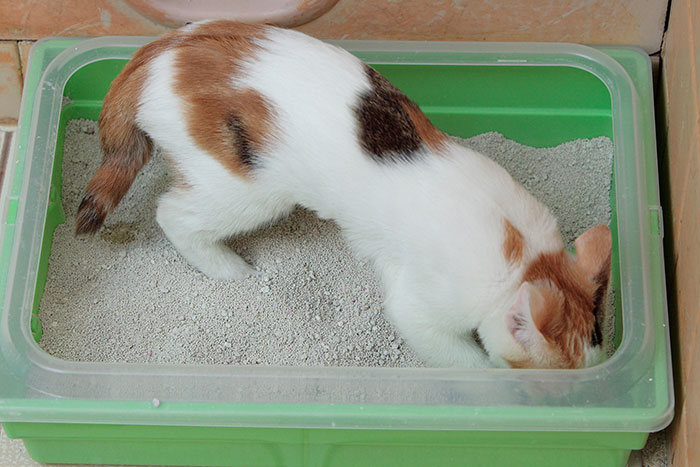
Image credit: MiNe
5.) Reward Positive Behavior: When your cat uses the litter box successfully, immediately reward them with praise, treats, or affection. Positive reinforcement strengthens the association between the box and positive experiences.
6.) Maintain Cleanliness: Scoop the dirty litter daily to keep it clean. Cats are more likely to use a tidy box, and a dirty one may discourage them.
7.) Consider Multiple Litter Boxes: In households with multiple cats, provide one litter box per cat and an extra one. This helps prevent territorial disputes and ensures each cat can access a clean box.
8.) Avoid Punishment: If accidents happen, avoid punishing your cat. Adverse reactions can create anxiety and make the cat associate the litter box with stress.
9.) Address Medical Concerns: If your cat suddenly refuses to use the litter box or shows a sudden behavior change, consult a veterinarian to rule out any underlying medical issues.
10.) Be Patient and Consistent: Training takes time. Be patient and consistent in your approach. If your cat makes a mistake, thoroughly clean the area to eliminate residual scent markers.
Cat pooping outside the litter: When should you call a vet?
Cats would often poop outside the cat litter if symptoms like diarrhea and constipation were present. These are indicators of underlying health problems. Look out for changes such as increased frequency of pooping.
Check whether your cat experiences straining or groaning when having a bowel movement. Watery stools or stools that clump can also be indicators of a severe health problem.
Additionally, if you notice blood in your cat’s stool, it is a clear sign of potential health issues, such as colitis, parasites, or more severe conditions.
Older cats are especially at risk for musculoskeletal problems like arthritis. If this is the case, simple climbing movements may become too tedious for your cat to perform, making it challenging to access the litter box comfortably.
Weight fluctuations shouldn’t be ignored either. A sudden, drastic increase or decrease in your cat’s weight could be a pointer to a metabolic issue or illness requiring the attention of a veterinarian.
Frequently asked questions
How do you fix a litter aversion?
To address litter box aversion in your cat, start by identifying and addressing potential stressors responsible for cat litter aversion. If your cat possesses a negative association with the litter box or has a change in environment, decide to make the required changes and make gradual adjustments in routines.
Alternatively, you can recondition your cat’s mentality about the litter box. Place the things your cat loves in and around the cat litter. This prompts a new-found positive association between your cat and the litter box.
Do cats poop outside the litter box for attention?
Although uncommon, a cat could poop outside of the litter box as a display of attention-seeking behavior. Your cat may attempt to draw your attention to its distress by being extra clingy, vocal, or even pooping outside of the litter. This does not mark your cat as a narcissist, it just means you may need to look closely at your cat for potential problems.
283views
Share on Facebook
 Dark Mode
Dark Mode 

 No fees, cancel anytime
No fees, cancel anytime 


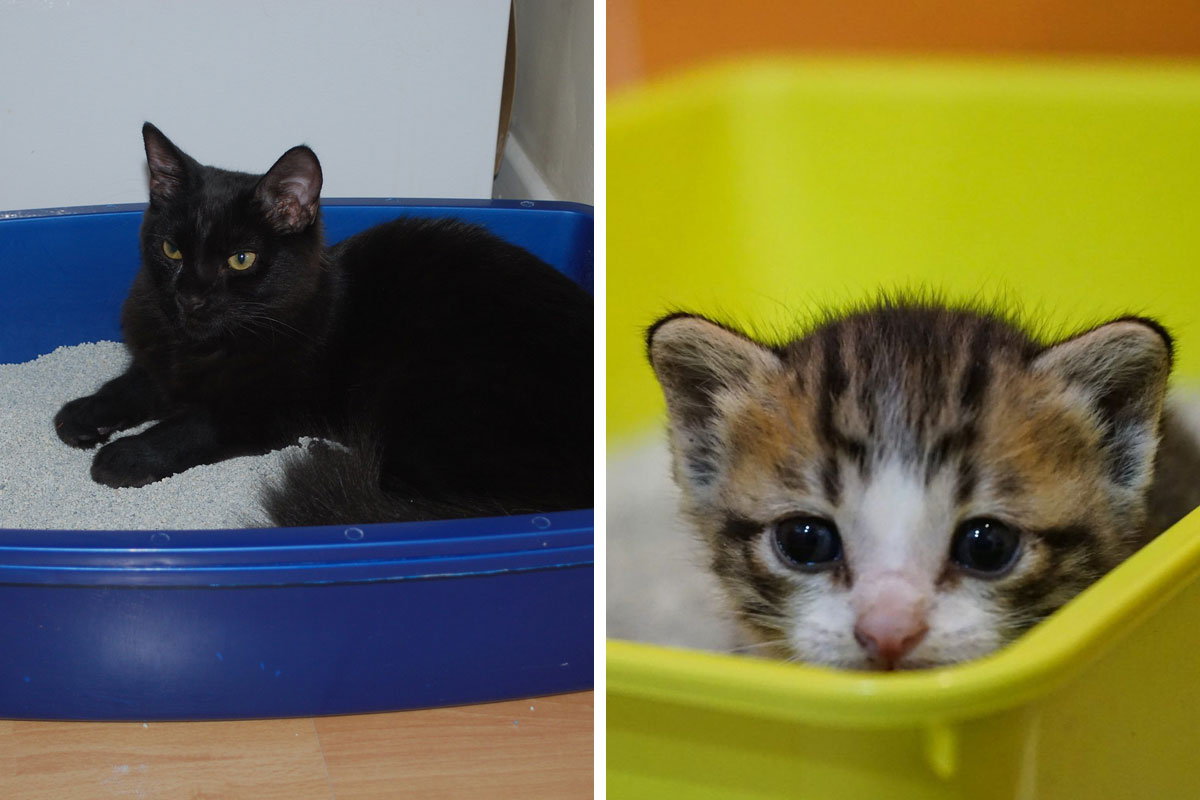





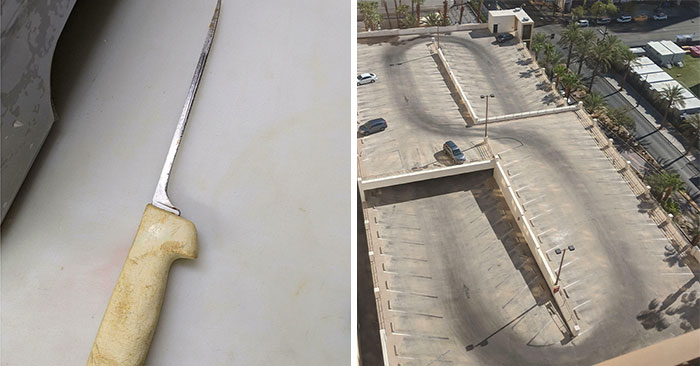










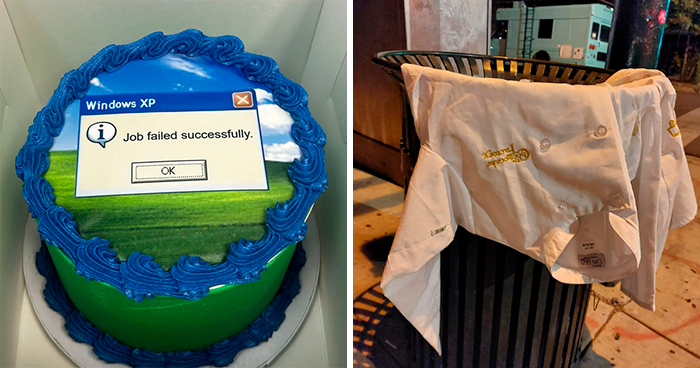



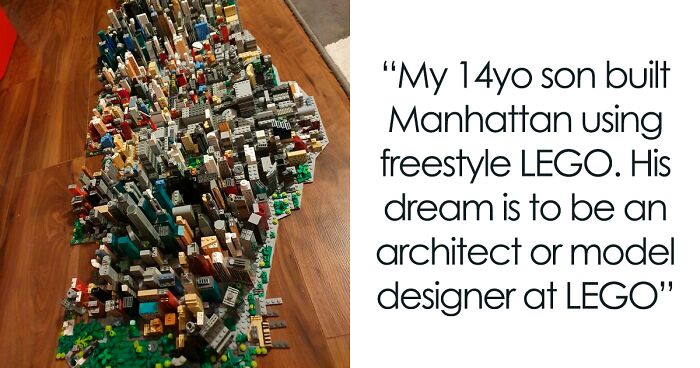



-4
0